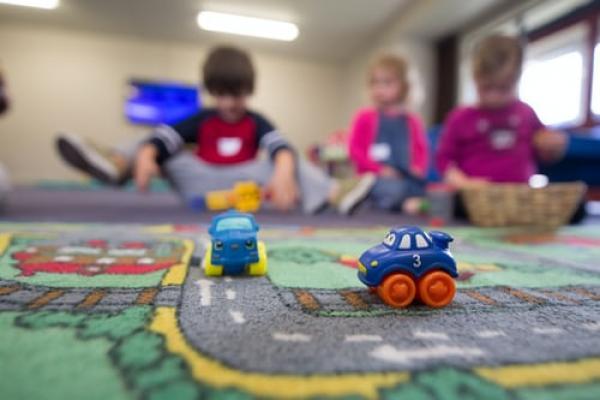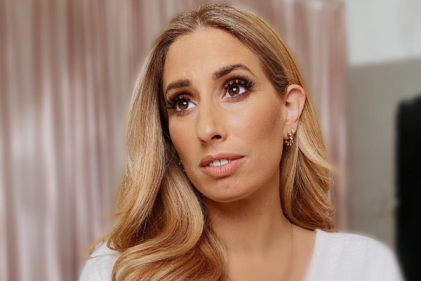Fostering, unlike adoption, is where a family (or a state-run residential care unit) take a child into their home without becoming their legal guardians and parents. Foster care can either be long or short term, and it gives children who cannot live with their own families a stable home environment.
Some of the reasons that children go into foster care include illness, bereavement, where a court has ruled it in their best interests, or where the family unit has broken down. In many instances, the foster family are relatives of the child.
There are many forms that fostering can take. Sometimes a child cannot live with their own family, either on a short-term or long-term basis. However, it is always the goal that a child placed in foster care will return to their own family as soon as they can, if possible. Young people up to the age of 18 can be fostered.
Irish fostering statistics
In May 2020;
65% of children in care were in general foster care (A general foster carer has been approved by Tusla, completed a process of assessment and been placed on the panel of approved foster carers to care for children in care)
26% were in relative foster care (Relative foster care is when a family member, family friend or neighbour becomes the foster parent of the child.)
7% were in residential care (taken into the care of the Child and Family Agency will be placed with Children’s Residential Services.)
2% in other care placements.
Qualifying as a foster parent
Tusla, the Child and Family Agency, assesses, recruits and trains foster families according to the needs of the area. Tusla also places children with foster families who have been recruited and trained by non-statutory agencies. Tusla is a non-statutory agency responsible for each child in care. Tusla may also provide support to the foster family.
Each foster child has their own social worker who monitors the growth and development of the child and ensures that the best interests of the child are always the priority. Each foster family also has its own social worker, who may have helped assess the family as suitable to foster children and who will support the family throughout the foster term. An important part of the social worker's role is to develop the relationship between the foster child and the foster family and between the foster child and their own family.
Children can be placed in foster care in two ways:
- Voluntarily: When a parent or family asks Tusla for help and/or
- Court order: When a judge decides that it is in the best interests of the child to be placed in the care of Tusla.
When a child is placed in foster care, Tusla assigns responsibility for the child to a social worker. Based on the child's needs and circumstances, Tusla makes a decision on the type of fostering that is most suitable for the child.
For more information on types of fostering, who can become a foster parent and how to go about beginning the process, see here.













